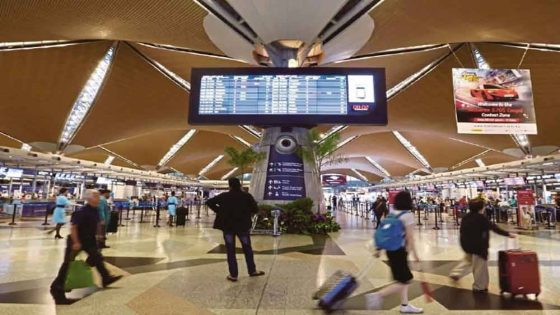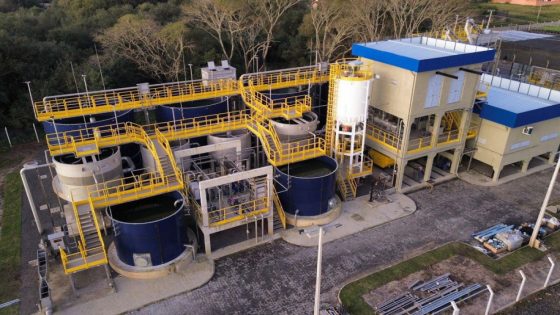On March 26, 2025, Malaysia Airports Holdings Bhd (MAHB) faced a significant cyber attack that disrupted operations at Kuala Lumpur International Airport (KLIA) for over 10 hours. This incident left thousands of passengers stranded and raised serious concerns about airport security. How can such a vital infrastructure become vulnerable to cyber threats?
- Cybersecurity threat detected at KLIA
- MAHB faced over 10-hour disruption
- Baggage handling switched to manual operations
- Investigation ongoing to identify attackers
- Flight information boards experienced intermittent issues
- Lack of backup systems slowed recovery efforts
Cyber Attack at KLIA Causes Major Disruption for Travelers
What happens when a major airport’s systems fail? On March 26, KLIA experienced a severe cyber attack that halted various operations, including baggage handling. This disruption not only delayed flights but also left many passengers in limbo. The incident has sparked discussions about the importance of cybersecurity in the aviation sector.
Impact of Cybersecurity Breaches on Airport Operations
The KLIA cyber attack illustrates the critical need for enhanced cybersecurity measures in the aviation industry. The failure of essential systems led to operational chaos, affecting flight schedules and passenger experiences. With increasing reliance on technology, airports must prioritize cybersecurity to ensure seamless operations.
Key Issues Arising from the KLIA Cyber Attack
Several key issues emerged from the KLIA incident that could resonate with airports globally:
- Extended flight delays due to system failures.
- Manual operations for baggage handling, increasing the risk of errors.
- Inadequate backup systems hampering recovery efforts.
- Public confidence in airport security potentially shaken.
Lessons for Airports Worldwide from KLIA’s Experience
Airports around the world can learn valuable lessons from KLIA’s cyber attack. Implementing robust cybersecurity frameworks is essential to protect sensitive systems. Regular training for staff on emergency protocols can also mitigate the impact of such incidents. Additionally, investing in advanced technology can enhance system resilience against cyber threats.
Future Steps to Enhance Airport Cybersecurity
To prevent similar incidents, airports must adopt proactive measures. This includes:
- Conducting regular security audits and vulnerability assessments.
- Establishing strong partnerships with cybersecurity firms.
- Implementing comprehensive training programs for employees.
- Developing incident response plans to quickly address breaches.
In conclusion, the KLIA cyber attack serves as a critical reminder of the vulnerabilities in airport operations. By prioritizing cybersecurity, airports can better protect themselves and their passengers from future threats.

































